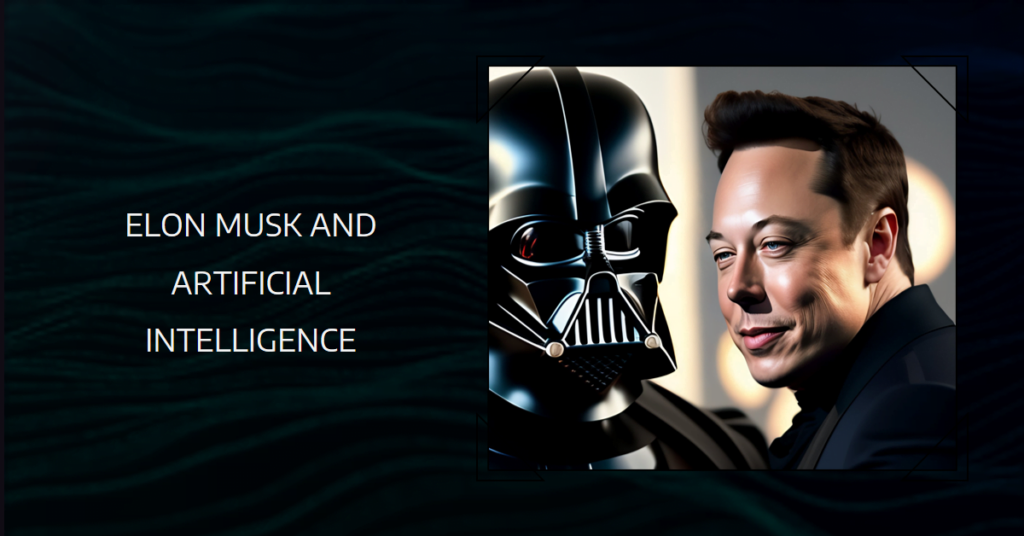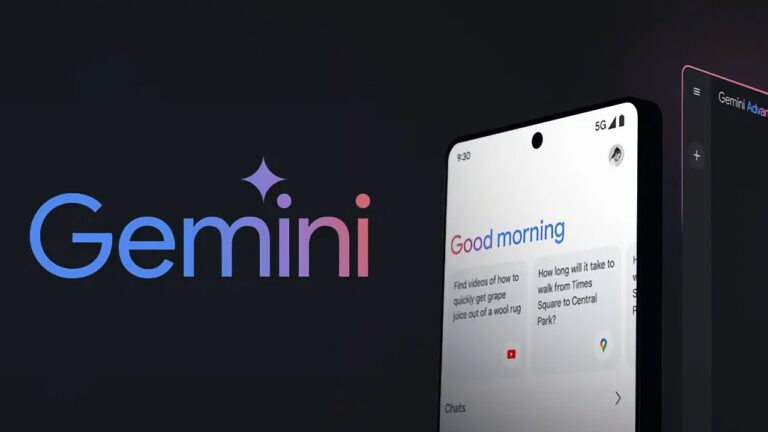
Audience
- Sentiment: Neutral
- Political Group: Progressive
- Age Group: 25-45
- Gender: Male
Overview
- Elon Musk made a $97.4 billion offer to acquire OpenAI, raising ethical and legal questions about AI development.
- OpenAI, initially a nonprofit, has shifted to a capped-profit model, sparking debates about balancing profit and ethical innovation.
- The situation represents a conflict between Musk’s advocacy for cautious AI development and OpenAI’s goal of pushing AI boundaries.
The Battle for AI: Elon Musk’s Big Offer to OpenAI
In the world of technology and innovation, few names stand out as much as Elon Musk. Known for his ambitious projects like Tesla, SpaceX, and Neuralink, Musk is often at the center of headlines that capture our attention. Recently, he stirred the pot again by making a jaw-dropping $97.4 billion offer to acquire OpenAI, a leader in artificial intelligence (AI). This incredible story is unfolding like a blockbuster film, complete with tension, negotiations, and debates over what the future of AI should look like. So, let’s dive in and understand what’s happening, why it matters, and what it might mean for all of us.
What is OpenAI?
Before we get into the drama with Musk, let’s take a step back and understand what OpenAI actually is. OpenAI was founded in late 2015 with a mission to ensure that artificial intelligence benefits all of humanity. Sounds pretty noble, right? Their goal is to develop AI in a way that is safe and ethical, which is super important as AI continues to change our lives rapidly. The organization first gained fame for its advanced language model, GPT (Generative Pre-trained Transformer), which can write text, answer questions, and even create poetry!
However, there’s always been a larger question looming over AI development: Can you balance profit-making with doing good? OpenAI began as a nonprofit but has since shifted towards a “capped-profit” model, allowing them to attract investments while still prioritizing their mission. This shift has sparked discussions about what it means to remain ethical while competing in such a lucrative field.
Elon Musk’s Controversial Offer
Now, let’s talk about why Musk would want to buy OpenAI and what is going on with his $97.4 billion offer. When you hear a number like that, it’s hard to fathom. To put it into perspective, it’s like saying you want to buy a small country! Musk’s bid is not just about the money; it involves serious implications for the future of AI development.
One of the major sticking points in this situation is the conflict between Musk’s desires and OpenAI’s current direction. Musk has been an outspoken advocate for cautious AI development. He believes that unchecked AI could lead to catastrophic consequences, like job losses, biased decision-making, or even worse if it were to escape human control! However, Musk also holds some controversial views, such as wanting to return OpenAI to its nonprofit status and voicing that it should be focused on saving humanity.
Sam Altman, the CEO of OpenAI, is in a tough position. On one hand, he has to ensure that his organization continues to push boundaries in AI—after all, they are leaders in this field. On the other hand, he doesn’t want to see the company revert back to a nonprofit model, particularly if it means losing the funding and resources needed to innovate. This friction brings us into the heart of the legal disputes that have been rising since Musk’s offer was made.
The Legal Mess
As you can imagine, a $97.4 billion offer comes with a lot of legal complexities. Musk’s team has been busy drafting documents and drawing up plans that involve serious demands, including access to what they call “sensitive financial records.” This means Musk wants to peek into OpenAI’s books—essentially everything that goes on financially in the company. To OpenAI, this feels like an invasion of privacy and raises alarm bells about how much control Musk would really have if he bought them.
In their defense, Musk’s team argues that by acquiring OpenAI, they could ensure it remains focused on its mission to promote safe and responsible AI. But isn’t it kind of ironic? Musk is trying to gain control over a company that was founded to prevent any single entity from monopolizing AI innovation. OpenAI has been clear in its stance that it sees this offer as a threat to its own mission.
It’s Like a High-Stakes Game of Chess
Imagine you and your friends are playing chess. One player makes a bold move by sacrificing their queen, hoping it will lead to a checkmate down the road. But while it seems daring, the opponent might see it as a desperate play, and soon you’re locked in a stalemate trying to extend your moves while gathering your thoughts. That’s kind of like what’s happening between Musk and OpenAI. Both sides are posturing, with Musk hoping to walk away with a checkmate, while OpenAI is resisting his advances to protect its core mission.
The Impacts of Ownership on Innovation
The conversation around Musk’s offer isn’t just about a big money deal; it’s about the ethical implications behind AI development and ownership. If a private individual like Musk gains control over OpenAI, how might that shape the future of AI technology? Would it still be focused on benefiting everyone, or would profit become the main goal?
When competition is introduced, think of how high school sports work. Is it only about winning the championship? Or is it also about teamwork, sportsmanship, and building character? Similarly, in the world of AI, competition can lead to groundbreaking innovations, but unchecked competition can also lead to safety concerns. Companies may cut corners, prioritize profits, or even release technology that isn’t fully vetted.
What’s Next?
So, what now? Well, both sides are in a complicated dance right now. Musk’s offer is set to expire on May 10, 2025, so there is time for negotiation and re-evaluation. Perhaps Musk will decide to back down, or maybe he’ll alter his approach to the acquisition. OpenAI, for its part, is standing firm in its commitment not to be sold.
Meanwhile, the broader conversation surrounding AI, ethics, and community welfare will likely continue to thrum in the background. As AI becomes more integrated into our everyday lives—think of smart assistants like Siri or Alexa—these discussions are incredibly vital. How we balance innovation, competition, and ethics will play a significant role in molding the kind of future that AI can provide for us.
Engage with Us!
So, what do you think about this whole Musk versus OpenAI saga? Do you think it’s ethical for someone like Musk to try and gain control of a leading AI organization? Or do you believe that innovation should remain in the hands of organizations with a mission to benefit everyone? Drop your thoughts in the comments below! Your opinions matter, and I can’t wait to hear what you all think!






